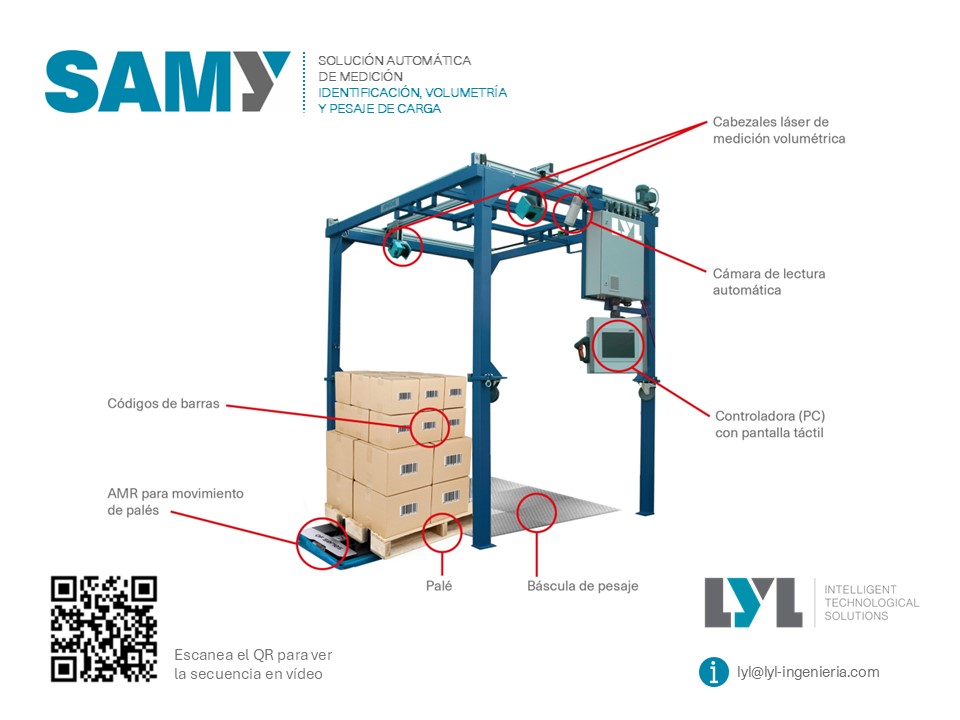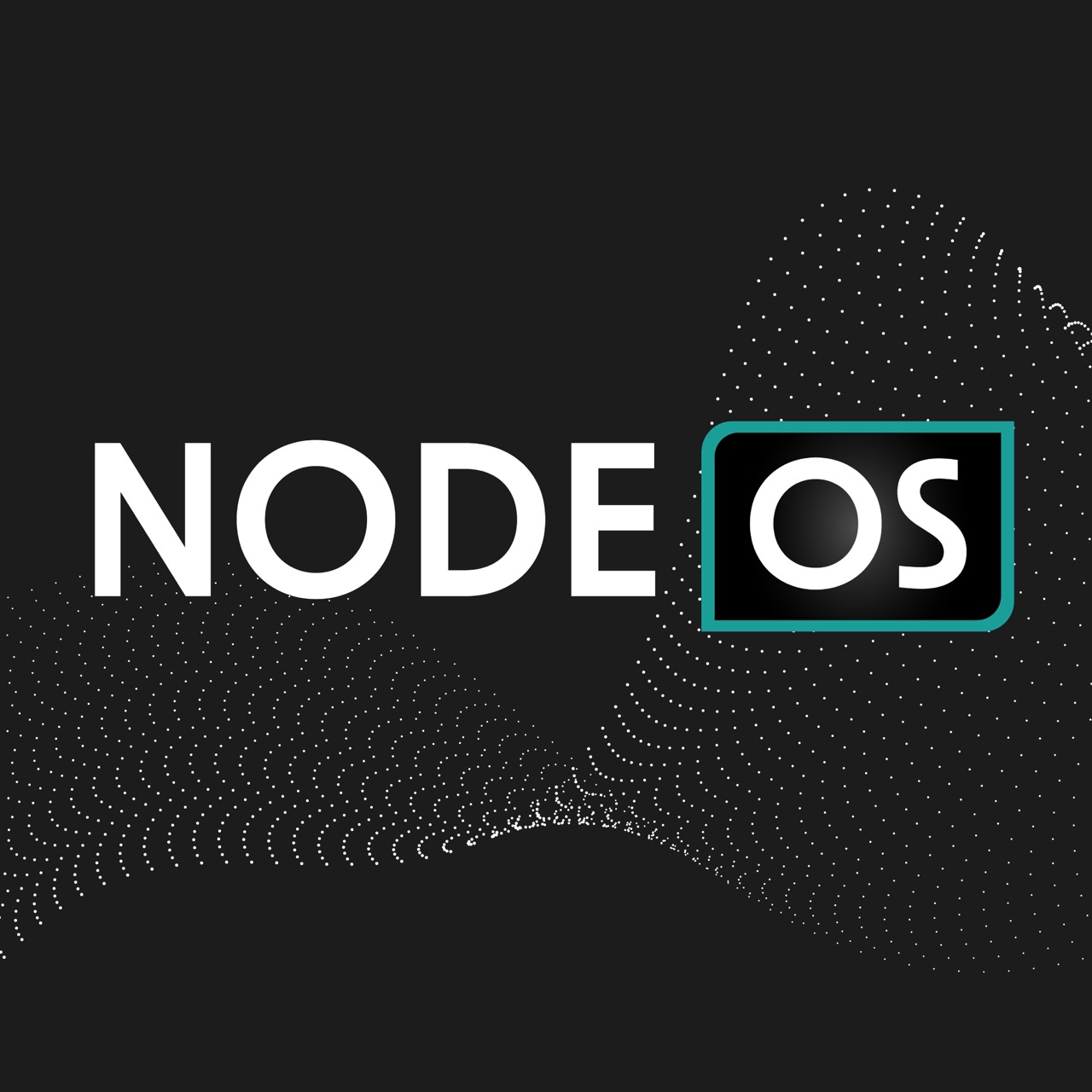
The B2B platform for the best purchasing descision. Identify and compare relevant B2B manufacturers, suppliers and retailers
Close
Filter
Result configuration
Continents
Select continent
Locations
Result types
Company type
Select company type
Industries
Select industry
Company status
Select company status preset
Number of employees
Min.
Max.
Founding year
Via Robotics, Inc.
Westlake Village, United States
B
- Employees
-
Key takeaway
inVia Robotics utilizes AI-driven technology to enhance warehouse automation, significantly increasing productivity through solutions like inVia Picker autonomous mobile robots. Their mission focuses on automating repetitive tasks, allowing teams to operate at peak efficiency and optimize the movement of goods.
Reference
Product
Technology | AI Warehouse Automation | inVia Robotics
Optimize your warehouse with inVia Robotics: AI-driven technology for peak efficiency and seamless order fulfillment.
Recycleye
London, United Kingdom
A
11-50 Employees
2019
Key takeaway
Recycleye leverages cutting-edge, AI-driven robotics technology to modernize and optimize materials recovery facility (MRF) operations, enabling faster and more reliable sorting of various waste streams. Their innovative solutions enhance profitability in waste sorting through robust and effective sorting mechanisms.
Reference
Core business
Home - Recycleye
...
Itrex Group
Santa Monica, United States
B
251-500 Employees
2009
Key takeaway
ITRex specializes in AI app development services, creating innovative AI-powered applications that help companies leverage emerging technologies to gain a competitive edge. Their expertise in AI can be particularly beneficial for those looking to explore AI-driven robotics solutions.
Reference
Service
Artificial Intelligence (AI) App Development Services — ITRex
Providing AI app development services since 2009, ITRex creates brilliant and canny AI-powered applications that let companies surpass the competition and win big.
Looking for more accurate results?
Find the right companies for free by entering your custom query!
25M+ companies
250M+ products
Free to use
Technologies which have been searched by others and may be interesting for you:
A selection of suitable products and services provided by verified companies according to your search.

Product
RobTrack
Go to product

Service
SAMY
Go to product

Product
NODE.OS
Go to product
AI-driven robotics combines artificial intelligence with robotic systems to enhance their capabilities and autonomy. These advanced robots leverage machine learning, computer vision, and natural language processing to perform complex tasks, adapt to new environments, and make decisions in real-time. With the integration of AI, robots can learn from their experiences, improve their performance over time, and interact more effectively with humans and other machines. This technology is transforming various industries, including manufacturing, healthcare, and logistics, by enabling more efficient operations and innovative solutions.
AI-driven robotics significantly enhances automation by integrating advanced algorithms that enable machines to learn from data and adapt to changing environments. This capability allows robotic systems to perform complex tasks with greater efficiency than traditional automation methods. Furthermore, the use of AI facilitates improved decision-making in real-time, allowing robots to analyze situations and respond dynamically. With features like computer vision and natural language processing, these robots can interact more effectively with their surroundings, leading to increased productivity and reduced operational costs. Overall, AI-driven robotics represents a transformative approach to automation, offering enhanced precision and flexibility in various industries.
1. Manufacturing
AI-driven robotics significantly enhance efficiency in manufacturing processes. These robots automate repetitive tasks, streamline assembly lines, and improve quality control. They can adapt to changes in production demands quickly, leading to increased productivity and reduced operational costs.
2. Healthcare
In the healthcare sector, AI-driven robotics assist in surgeries, rehabilitation, and patient care. Robots can perform precise surgical procedures, provide physical therapy, and even assist in logistics within hospitals, ensuring timely delivery of supplies and medications. This technology improves patient outcomes and optimizes healthcare operations.
3. Agriculture
Agricultural industries utilize AI-driven robotics for precision farming. These robots can monitor crops, automate planting and harvesting, and manage resources more efficiently. By analyzing data, they help farmers maximize yield while minimizing waste, contributing to sustainable farming practices.
4. Logistics and Warehousing
In logistics and warehousing, AI-driven robotics optimize inventory management and order fulfillment. Robots can sort, pack, and transport goods within warehouses, significantly reducing the time and labor costs associated with manual processes. This leads to faster and more accurate deliveries.
AI-driven robotics face several challenges that impact their development and deployment.
1. Technical Complexity
The integration of advanced AI algorithms with robotic systems requires significant technical expertise. This complexity can lead to difficulties in programming, maintaining, and troubleshooting robots, especially when adapting them to various environments and tasks.
2. Data Dependency
AI-driven robotics rely heavily on data for training and operation. Gathering, processing, and ensuring the quality of this data can be challenging. Additionally, issues related to data privacy and security can arise, complicating the deployment of these technologies in sensitive environments.
3. Ethical Considerations
The use of AI in robotics raises ethical questions regarding decision-making, accountability, and the potential for job displacement. Ensuring that AI systems operate fairly and transparently is a significant concern for developers and users alike.
4. Cost and Accessibility
Developing and implementing AI-driven robotic solutions can be costly. High initial investments may deter smaller businesses from adopting these technologies, leading to a disparity in access and benefits across different sectors.
5. Regulatory Challenges
Navigating the regulatory landscape for AI and robotics can be complex. As laws and standards evolve, providers must stay compliant, which can delay advancements and increase operational challenges.
AI-driven robotics significantly influences the workforce by automating repetitive and labor-intensive tasks, leading to increased efficiency and productivity. This shift allows human workers to focus on more complex and creative responsibilities, enhancing job satisfaction and innovation. Moreover, the integration of AI in robotics promotes the emergence of new job categories, particularly in areas like programming, maintenance, and oversight of robotic systems. While there may be concerns about job displacement, the overall effect is often a transformation of roles rather than outright elimination, fostering a workforce that is more skilled and adaptable to technological advancements.
Some interesting numbers and facts about your company results for AI-Driven Robotics
| Country with most fitting companies | United States |
| Amount of fitting manufacturers | 3 |
| Amount of suitable service providers | 2 |
| Average amount of employees | 251-500 |
| Oldest suiting company | 2009 |
| Youngest suiting company | 2019 |
20%
40%
60%
80%
Some interesting questions that has been asked about the results you have just received for AI-Driven Robotics
What are related technologies to AI-Driven Robotics?
Based on our calculations related technologies to AI-Driven Robotics are Big Data, E-Health, Retail Tech, Artificial Intelligence & Machine Learning, E-Commerce
Which industries are mostly working on AI-Driven Robotics?
The most represented industries which are working in AI-Driven Robotics are Environment, Disposal and Recycling, IT, Software and Services, Other
How does ensun find these AI-Driven Robotics Companies?
ensun uses an advanced search and ranking system capable of sifting through millions of companies and hundreds of millions of products and services to identify suitable matches. This is achieved by leveraging cutting-edge technologies, including Artificial Intelligence.